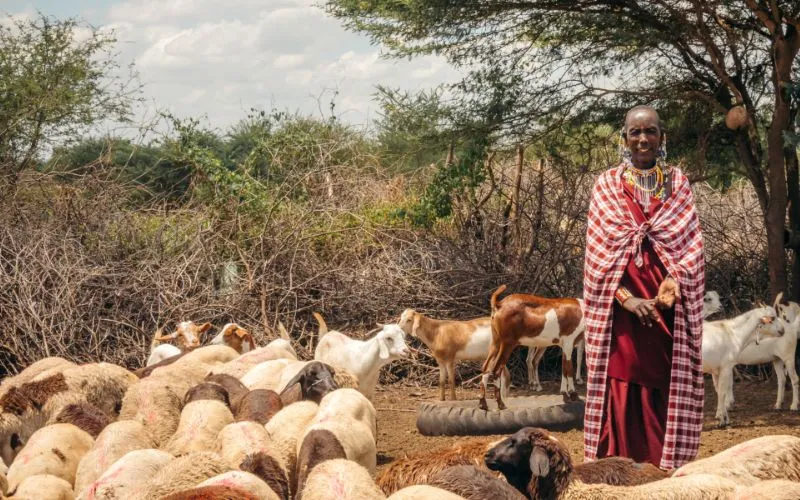Dar es Salaam, 11 March, 2025 / 9:39 pm (ACI Africa).
The umbrella organization for Catholic development agencies in Europe and North America is calling for an immediate halt to soil carbon credit projects being implemented among the Maasai people in Northern Tanzania following what has been described as “dubious” processes.
In a statement shared with ACI Africa, the International Cooperation for Development Solidarity (CIDSE) makes reference to a new study published by The Maasai International Solidarity Alliance (MISA), whose members include CIDSE, the relief organization of Germany’s Catholic Bishops, Misereor, the Internationale Zusammenarbeit & Weltkirche (KOO), and its member Welthaus.
Published on Tuesday, March 11, the study highlights the potential of the carbon credits for adverse impacts on Maasai pastoralist communities. It critically examines two major soil carbon projects, namely, the Longido and Monduli Rangelands Carbon Project (LMRCP) and the Resilient Tarangire Ecosystem Project (RTEP) targeting various districts in Northern Tanzania.
CIDSE expresses concern that the findings of the study reveal significant pressures placed on Maasai communities to enter the carbon business, raising serious ethical and legal concerns about their lack of free, prior and informed consent.
“The study documents the anticipated impacts of two large-scale carbon credit projects Maasai land, uncovering numerous alarming irregularities. These include dubious advance payments to local villages, non-transparent and unfair contracts, and a disregard for international human rights norms – particularly regarding the consent of local communities,” CIDSE says in the March 11 statement.





